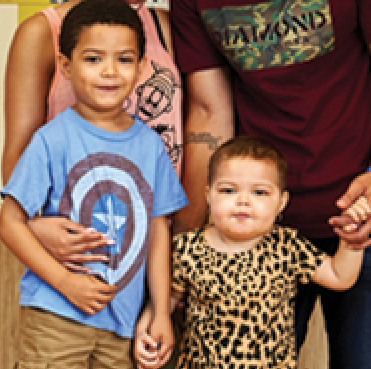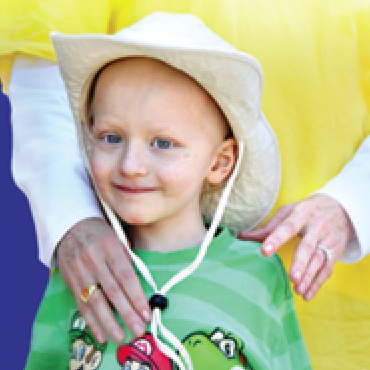 Physicians are trained to utilize modern scientific means to combat cancer at its source, but they are the first to admit these treatments that “cure” can take a huge toll on the patient. The side effects of chemotherapy and radiation are well known: pain, discomfort, nausea and other issues that require their own set of treatments. That the physical well-being of the patients with life-threatening illnesses is inextricably linked to their emotional state has become widely accepted. Merging integrative health services with medical care and psychosocial support can improve the quality of treatment for these patients.
Physicians are trained to utilize modern scientific means to combat cancer at its source, but they are the first to admit these treatments that “cure” can take a huge toll on the patient. The side effects of chemotherapy and radiation are well known: pain, discomfort, nausea and other issues that require their own set of treatments. That the physical well-being of the patients with life-threatening illnesses is inextricably linked to their emotional state has become widely accepted. Merging integrative health services with medical care and psychosocial support can improve the quality of treatment for these patients.
Integrative health services are non-invasive, holistic therapies such as acupressure, massage, hand and foot reflexology, guided touch and other techniques that address manifestations of stress and pain, both emotional and physical. Carole Reifsnyder, RN, who founded the Integrative Medicine Department of Morristown Memorial Hospital explains that for patients, integrative medicine offers “non-painful touch” in the traditional medical environment. Besides providing obvious relief, this can help to counter anxiety and discourage an association between the painful touch that can be linked treatment. Integrative medical techniques are effective when administered to a child before undergoing a procedure to minimize stress beforehand and the pain they might experience after. 
Remarkably, non-verbal patients as young as 18 months receive a measurable benefit from these services as well. In addition, nurses trained in this area give parents the tools they need to offer techniques at home to help their children. They empower parents by teaching them how to manipulate acupressure points on the knees and ankles, for example, so that they can help their child get through instances of pain and discomfort without having to come to the hospital. Leah, age 3, has gotten into the habit of kicking off her shoes and offering her little feet whenever she sees Carole Reifsnyder, RN, certified holistic nurse (HNC). Leah was being treated for acute lymphocytic leukemia (ALL) at Goryeb Children’s Hospital in Morristown. Although Leah only speaks Portuguese, it is evident from the way Leah would climb into Reifsnyder’s arms that the two can rely on the language of touch.
Integrative Medicine is effective in creating positive associations with the medical environment. Take, for example, the experience of a teenage girl who went for her final round of chemo but was considering postponing for two weeks. The teen was anxious to take her last treatment on schedule for the best possible chance of beating her cancer, but she was hesitating because of the cumulative nausea and sickness she experienced with each treatment that she simply found unbearable. Reifsnyder, at Morristown Memorial Hospital, consulted with this patient, and promised to stay with her throughout her chemo session to deliver acupressure that she knew would be successful in minimizing the patient’s nausea. With Reifsnyder’s warmth and support, the teen agreed and Reifsnyder was able to help her through the  treatment with minimal discomfort. This episode illustrates that these therapies are not simply temporal, but actually make it easier for patients to accept the medication and treatments that can save their lives.
treatment with minimal discomfort. This episode illustrates that these therapies are not simply temporal, but actually make it easier for patients to accept the medication and treatments that can save their lives.
Integrative health services can also be benefical to parents and other caregivers while a child is receiving a transfusion, a chemotherapy infusion or undergoing a surgical procedure such as a spinal tap, all of which can be stressful for the parents and caregivers who tend to neglect their own needs in favor of the child’s. Reifsnyder and her staff show parents how to use acupressure points in order to help children deal with the pain and nausea they may experience outside of the clinic.
The results of integrative medical techniques are impressive. Fully 100% of those who receive services experience a 46% to 100% reduction in pain or stress. Cathy Cerutti, a social worker at The Morristown Medical Center, explains, “Therapeutic touch is an integral part of the comprehensive psycho-social care. It is soothing and comforting to the entire family. Our center could not imagine care without this extraordinary service. It is a necessary component that treats the entire person.Through integrative health services, nurse practitioners trained in the healing touch of these holistic practices can offer acupressure, massage, Reiki and modalities that reduce pain, stress and even nausea.









